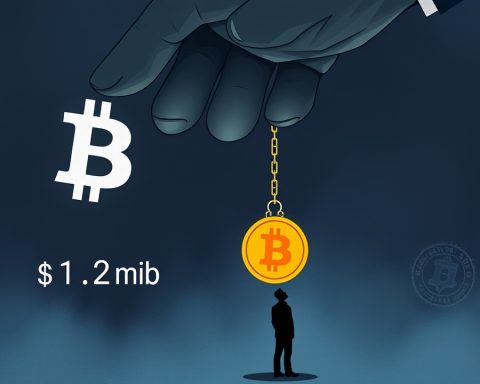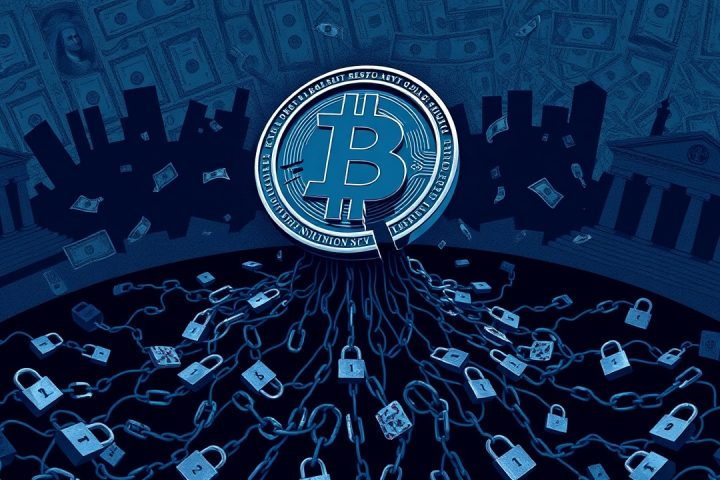Power Theft Surge Linked to Cryptocurrency Mining
In Malaysia, Tenaga Nasional Berhad (TNB), the nation’s largest electricity provider, has reported a staggering 300% increase in power theft incidents associated with unauthorized cryptocurrency mining between the years 2018 and 2024. This alarming rise is reportedly due to the global surge in cryptocurrency transactions, as highlighted by local newspapers.
Power Theft Statistics
The data was compiled as part of a collaborative effort that included the Energy Commission, the Malaysian Anti-Corruption Commission, law enforcement agencies, and local councils. According to TNB, the number of detected cases of power theft linked to illegal mining skyrocketed from 610 in 2018 to 2,397 in 2024. On average, electricity thefts connected to cryptocurrency activities amounted to 2,303 annually from 2020 to 2024.
Measures to Combat Power Theft
To combat this rampant issue, TNB has been actively conducting joint operations and nationwide raids, successfully dismantling numerous illegal mining installations. In TNB’s own words, these measures have been crucial in maintaining the integrity of the power grid. Between January 2020 and December 2024, TNB recorded approximately 1,699 complaints regarding cryptocurrency-related power theft, averaging around 340 monthly. This uptick in reporting underscores a growing public awareness concerning illicit crypto mining practices.
In response to rampant power thefts, TNB has implemented the use of ‘smart meters’ designed to enhance the detection of power theft and streamline monitoring processes. The smart meter technology is capable of recording daily electricity consumption and transmitting this data back to TNB using radio-frequency signals. Their approach has also included plans to integrate artificial intelligence and predictive analytics to optimize theft detection further.
Legal Repercussions
Regarding legal repercussions, TNB is advocating for stricter enforcement under the Electricity Supply Act. Offenders found tampering with electricity infrastructure could face fines up to 1 million Ringgit (approximately $232,000) and imprisonment for as long as ten years, or both.
Impact on Utility Providers
The enormity of the issue is reflected in the comments of Datuk Seri Mohd Shuhaily Mohd Zain, the director of the Bukit Aman Criminal Investigation Department (CID), who stated that electricity theft has cost TNB around 520 million Ringgit ($121 million). He highlighted that a majority of these thefts are linked to illegal crypto mining operations. Typically, these operations occur in rented spaces such as shops or homes with little public traffic. Malicious actors often bypass electrical meters by tapping directly into the primary power line, leading to electricity consumption levels that can rival those of entire residential blocks. These syndicates strategically relocate their operations every few months to evade detection.
In a notable incident earlier this year, Malaysian authorities discovered an illegal Bitcoin mining operation following an explosion at the site. Investigations revealed that the electricity supply had been illegally hooked up for cryptocurrency mining, which resulted in a short circuit and the explosion.
This burgeoning issue of power theft exemplifies the challenges faced by utility providers in the age of cryptocurrency, presenting both energy security and enforcement complexities.

















